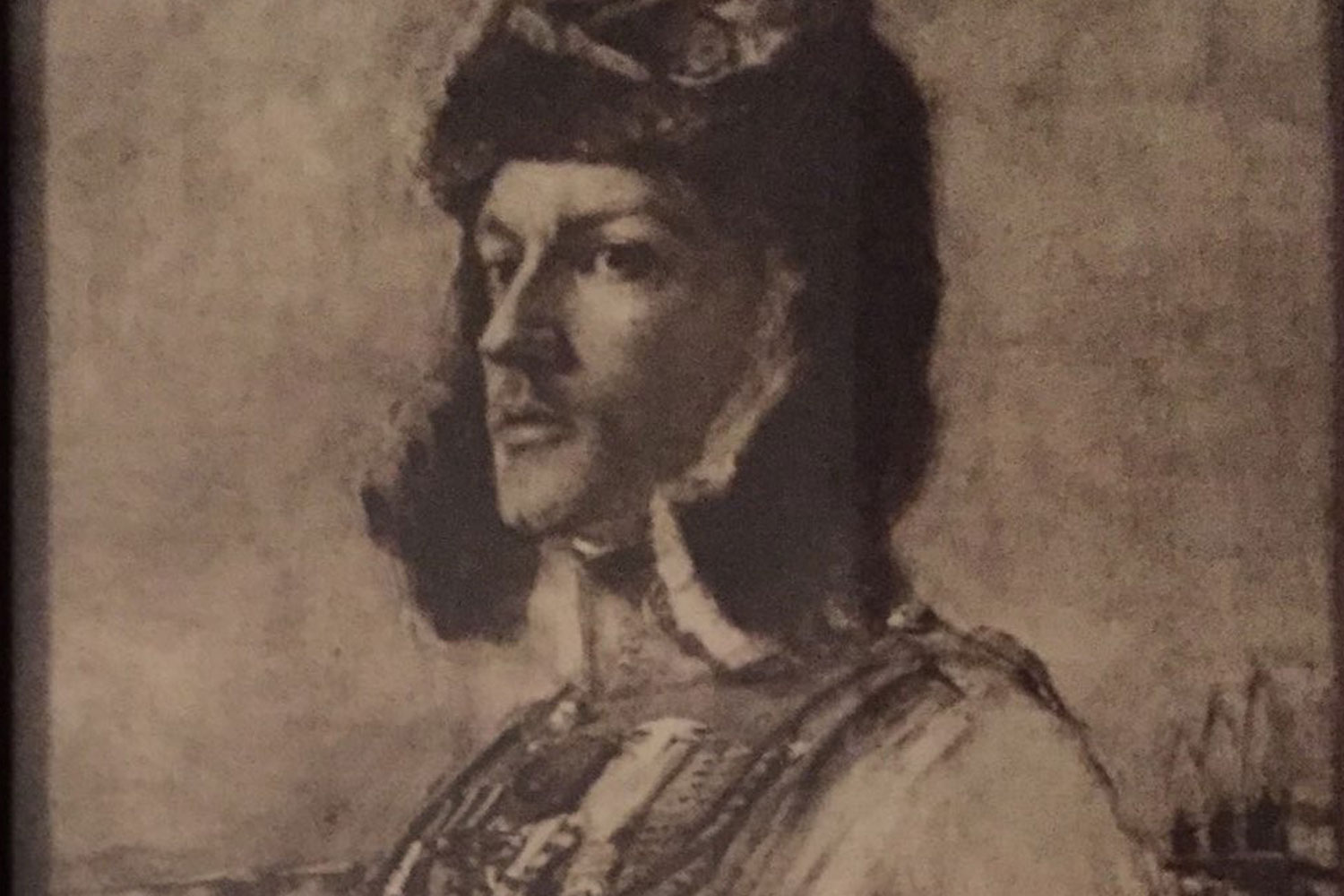Playlet - IN PRAISE OF GUYNEMER
December, 1918
IN PRAISE OF GUYNEMER
(Yale Literary Magazine, Vol. LXXXIV, No. 1, Dec. 1918, pps. 27-29)
SENEX : Come in, come in, my friend. You will enjoy my fire, for the air is sharp outside. I see you have let in some puffs of that tremulous blue fog, and a few spiritless leaves have been lifted over the threshold.
JUVENIS: I have been on a long walk, and this is rime of the sea on my collar. The world was reduced to mist and sea, and in this simplification I was looking for a literary form into which I could pour the thoughts- of Guynemer that fill my mind. For a while I thought of a masque, laid, I said, "on the reverse of the medal struck in his honor, the particular medal, if my fancy is granted, that lies before Rostand or D' Annunzio." The sculptor has shown the very pavement of the sun, whereon the Winged Victory, unpedestalled, and the shoulderless riders of the Parthenon recount to one another the honours that would have been celebrated in their days, for such a one. Then up the stairs comes the aviator himself, dragging one foot after another, and pulling at his glove,--modest, bewildered, boyish,--But the idea suddenly lost all its color, like a pebble that lying in the pool gleams with inner and surface lights, but on being held in the hand a while,-
SENEX: I know, I know.
JUVENIS: I don't have to recount to you the other suggestions that came to me. I have walked eleven miles to no purpose.
SENEX : You are set upon saying something in praise of Guynemer without delay?
JUVENIS: Yes. How long is it since we have had a man of action with so perfect a legend? An ode came into my mind first.
SENEX: Let me advise you for a while against the apostrophes and "compositions of the direct address," such as "Oh, Guynemer! between a cloud and a cloud, look down !"
JUVENIS: I don't know whether you're serious,-
SENEX: I am. Treat the War, a nation or a hero, with what we might call "reticent indirection." Realize them in a half-line, or a paragraph suddenly come upon. This method of allusion is one peculiar to English poetry, because it occurs frequently in Shakespeare and Milton whose marks are upon us. There are many persons, figures, in our traditions that come down to us, not as the subjects of some play or poem, but wholly through passing references. Our Savior Himself, is brought nearer to us in those many uncelebrated phrases in Elizabethan drama—scattered like emeralds on a green cloth, for only the eager to find-than in the labor of Paradise Regained.
JUVENIS: But I have already tried that, in the Crusaders thing, and now regret that the reference was so slight . . .Guynemer had a great ancestor, you know, a certain Guinemer, at Jerusalem ...
SENEX: Then if when you wrote it you felt deeply, we will look forward to that half-line with more anticipation than to the masque.
JUVENIS: I feel more deeply now.
SENEX: And yet you are not French. There is a kind of doctrine abroad in France that tribute due the dead, that is to the- humble, unknown dead of the trenches, may be paid to Guynemer, because in the great days of the first two years they looked up from their trenches to his airplane, and murmuring "Guynemer,"gazed on their hope. The farmer's son has no tablet in the Pantheon, save that to Guynemer, nor the peddler’s son, and so on.
JUVENIS: Why are you silent?
SENEX: This veneration will grow. His place is beside the heroes he mused upon. And in distant ages when scholars shall say patronizingly of references to this war: "No doubt there was a struggle of some kind"; when our records, having passed under the contempt of a rising race, shall be neglected and lost; and the nationality of Shakespeare will be held in dispute, and of the remaining plays it will be denied that Hamlet and Twelfth Night are from the same hand; and Virgil shall become the name of a mood, and Dante of a shaking dream; and our language shall be mixed with the Chinese as oil and water are mixed ; and an aerial kingdom shall hang suspended over the South Sea islands ; and scholars be poking about for Rheims as now they do for the Skaian Gates;--in after time Guynemer shall rise, like Hector undoubtable, from a mythic war. Georges Guynemer descends History, like a stream down the face of a mountain, making the whole green, and from time to time reappearing in springs and waterfalls.
JUVENIS: I am too young to derive comfort out of prophecy.
SENEX : What! are you going back now ?-through the violet dusk, and the falling leaves.
JUVENIS: And by the ocean, where as I came three hundred gulls sat on the waves facing the wind. Eleven miles will not half suffice for the polishing of my half-line.
SENEX: Perhaps, if you feel intensely--.
JUVENIS:
And remember Hector-.
Thornton N. Wilder

